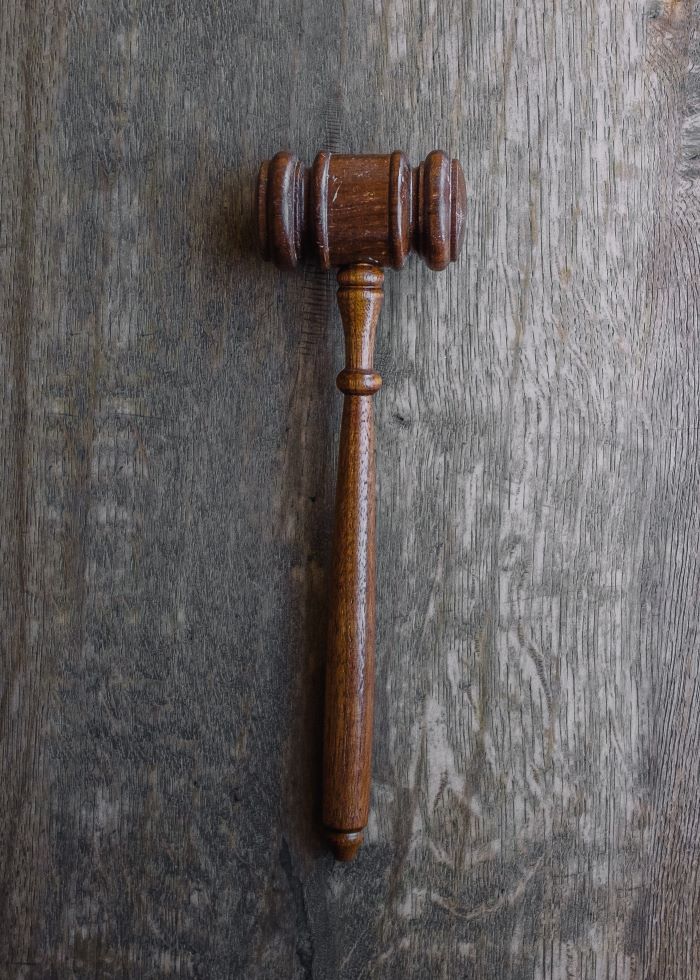
Hidden Cameras and Listening Devices in Canada: Exploring Legalities and Citizens' Rights
With advancing technology, the use of hidden cameras and listening devices has become a contentious issue, raising concerns about privacy and legal boundaries. In Canada, regulations exist to protect citizens' rights while allowing authorities to gather evidence through these means when warranted. In this article, we will delve into the legalities of hidden cameras and listening devices in Canada, the admissibility of evidence in court, citizens' rights, and the ethical implications of using them for personal intelligence gathering.
- Legalities of Hidden Cameras and Listening Devices in Canada:
In Canada, the use of hidden cameras and listening devices is regulated by various laws to balance privacy rights and the necessity of gathering evidence. The following legal considerations apply:
- Consent: In most cases, individuals must provide consent before being recorded or monitored. Exceptions may apply in certain circumstances, such as when investigating specific offenses.
- Reasonable Expectation of Privacy: Canadian law recognizes a reasonable expectation of privacy in certain areas, such as residences, private offices, and hotel rooms. Unauthorized surveillance in these spaces is generally prohibited.
- Criminal Code: The Criminal Code of Canada prohibits intercepting private communications without consent. Unauthorized use of listening devices to intercept private conversations is illegal.
- Admissibility of Evidence in Court:
To use evidence obtained through hidden cameras or listening devices in court, certain legal requirements must be met:
- Reasonable Expectation of Privacy: If the recordings violate a person's reasonable expectation of privacy, the evidence may be inadmissible.
- Lawful Authority: Authorities must adhere to specific legal procedures and obtain appropriate authorization, such as a search warrant, to gather evidence through hidden cameras or listening devices.
- Charter Rights: Evidence obtained in violation of an individual's rights protected under the Canadian Charter of Rights and Freedoms may be deemed inadmissible.
- Citizens' Rights:
As citizens, we have rights that protect our privacy and regulate the use of surveillance devices:
- Privacy Laws: Canadians are protected by federal and provincial privacy laws that outline how personal information can be collected, used, and disclosed.
- Consent and Notice: Individuals have the right to provide or withhold consent for recording or monitoring in most situations. Additionally, they have the right to be informed if surveillance is taking place.
- Legal Recourse: If individuals believe their privacy rights have been violated through unauthorized surveillance, they can seek legal remedies and file complaints with relevant authorities.
- Ethical Implications of Personal Intelligence Gathering:
While the use of hidden cameras or listening devices by citizens for personal intelligence gathering may not always be illegal, ethical considerations should be taken into account:
- Respect for Privacy: Respecting others' privacy is essential. Using surveillance devices to invade someone's privacy without their consent is ethically questionable.
- Consent and Trust: Building trust and maintaining ethical relationships are crucial. If personal intelligence gathering involves secretly recording or monitoring others without their knowledge, it can erode trust and damage relationships.
- Balancing Interests: Balancing the need for information with ethical considerations is vital. Assess the necessity, legality, and potential harm to individuals before engaging in personal intelligence gathering.
Understanding the legalities surrounding hidden cameras and listening devices in Canada is crucial for citizens and authorities alike. While regulations aim to protect privacy rights, they also allow for lawful use in specific circumstances. It is essential to respect citizens' rights, adhere to legal procedures, and consider the ethical implications when engaging in personal intelligence gathering. Balancing privacy and security is a delicate task that requires both legal knowledge and ethical considerations.

Leave a comment